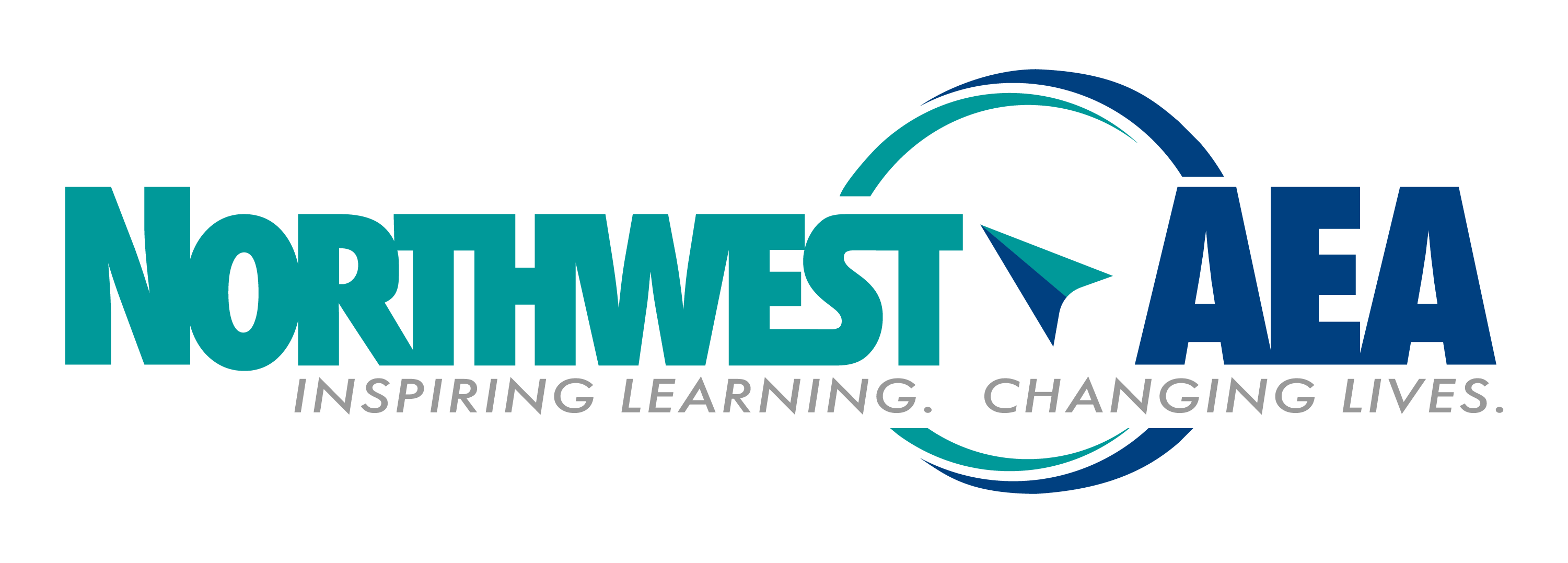Lagging skills are contributing to challenging behaviors in school districts throughout the United States. There are key strategies that can be put into place to address lagging skills in students we serve.
- Identify the specific lagging skills: Use tools like the Assessment of Lagging Skills and Unsolved Problems (ALSUP) to pinpoint the areas where the student is struggling, such as executive function, emotion regulation, language processing, or social skills.
- Collaborate with the student: Approach the student proactively and have a discussion to understand their perspective and the challenges they are facing. Invite them to work together to solve the problems, rather than just imposing solutions unilaterally.
- Break tasks into smaller steps: For students with executive functioning deficits, break down assignments and activities into more manageable, step-by-step processes. This can make tasks less overwhelming and allow them to experience success along the way.
- Provide structure and routine: Establish predictable schedules, visual supports, and consistent routines to help students with lagging skills feel more secure and able to meet expectations. Tools like Goally can be helpful in creating and maintaining these structures.
- Teach social and emotional skills explicitly: For students struggling with social communication or emotion regulation, provide direct instruction and practice in areas like empathy, conflict resolution, and coping strategies. Role-playing and social stories can be effective approaches.
- Promote motor skill development: Engage students in activities that build fine and gross motor abilities, such as using playdough, puzzles, or participating in sports. Improving these foundational skills can have a positive impact on overall functioning.
- Collaborate with professionals: Work closely with teachers, therapists, and other experts to gain a comprehensive understanding of the student's needs and coordinate targeted interventions. Their expertise can be invaluable in addressing lagging skills.
The key is to take a proactive, collaborative, and skill-building approach, rather than relying solely on reactive discipline. By identifying and addressing the specific lagging skills, educators can help students develop the abilities they need to succeed!
For more information, check out these additional resources:
The Role of Lagging Skills in Challenging Behavior
Does My Child Have Lagging Skills?
What Are the Lagging Skills Holding Your Child Back?
